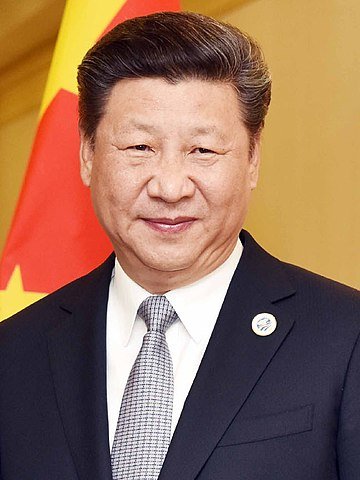China has removed the term limits for presidency, in a move that effectively allows Xi Jinping to remain as president for life.
The constitutional changes were passed by the annual sitting of the National People’s Congress on March 11.
The vote was widely regarded as a rubber-stamping exercise. Two delegates voted against the change and three abstained, out of 2,964 votes.
Since the 1990’s, China had imposed a two-term limit on its president.
However, President Xi Jinping, who would have been due to step down in 2023, defied the tradition of presenting a potential successor during October’s Communist Party Congress.

Donald Trump Welcomes Chinese President Xi Jinping at Mar-A-Lago
Xi Jinping biography: from impoverished cave dweller to China’s president
Xi Jinping confirmed as China’s leader for next decade
Instead, Xi Jinping consolidated his political power as the party voted to enshrine his name and political ideology in the party’s constitution – elevating his status to the level of its founder, Chairman Mao.
On paper, the congress is the most powerful legislative body in China – similar to the parliament in other nations. It was widely believed that it would approve what it was told to.
Xi Jinping became president in 2012, and quickly consolidated personal power while cementing China as the regional superpower.
He also fought corruption, punishing more than a million party members – which has helped his popularity among some.
However, at the same time, China has clamped down on many emerging freedoms, increasing its state surveillance and censorship programs. Critics also say Xi Jinping has used the anti-corruption purge to sideline political rivals.
